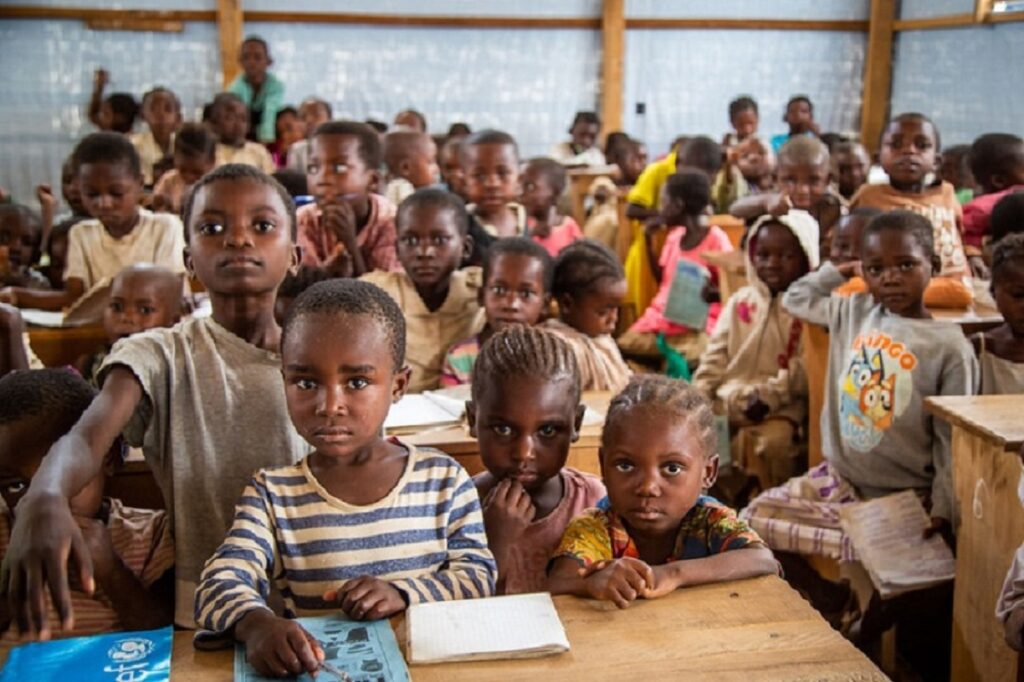In the pursuit of a brighter future, quality education emerges as a beacon of hope for children trapped in the cycle of poverty. In this blog of Fikrah, Investing in the education of these young minds not only opens doors to opportunities but also catalyzes breaking the chains of generational deprivation.
Empowering Minds for a Better Tomorrow
Quality education is more than imparting knowledge; it is about empowering young minds to dream beyond their circumstances. In impoverished communities, education becomes the cornerstone of transformation. Thus offering children the tools to rise above adversity and envision a future filled with possibilities.
Breaking the Chains of Generational Poverty
One of the most powerful aspects of investing in the education of children in poverty is its potential to break the cycle of generational poverty. By providing these children with access to quality education, we equip them with the skills and knowledge needed to navigate a path toward a brighter future. Education becomes a vehicle for social mobility. Thus creating a positive ripple effect that extends beyond the individual to uplift entire families and communities.
Building Strong Foundations for Lifelong Learning
Quality education is not just about acquiring academic knowledge; it is about instilling a love for learning. When children in poverty receive a well-rounded education, they develop critical thinking skills, creativity, and a thirst for knowledge that transcends the classroom. These foundational skills become the building blocks for a lifelong journey of continuous learning and personal development.
Fostering Confidence and Resilience
In the face of adversity, quality education acts as a source of empowerment. It instills confidence in children, helping them believe in their abilities and potential. As they overcome educational challenges, these children cultivate resilience. Thus learning to navigate life’s obstacles with determination and a sense of purpose.
Creating Agents of Positive Change
Investing in the education of children in poverty not only transforms individual lives but also cultivates agents of positive change within communities. Educated individuals are more likely to contribute meaningfully to society. Thus bringing about social and economic advancements. As these children grow into informed and engaged citizens, they also become instrumental in reshaping the narratives of their communities.
CONCLUSION
In the narrative of poverty, quality education emerges as a potent force, offering hope, empowerment, and the promise of a brighter future. By investing in the education of children in poverty, we not only break the chains that bind them but also sow the seeds of positive transformation that extend far beyond the confines of the classroom. It is through these investments in hope that we pave the way for a more equitable and prosperous world, where every child has the opportunity to reach their full potential.
Click here to know more about “Poverty and its effect on children”

